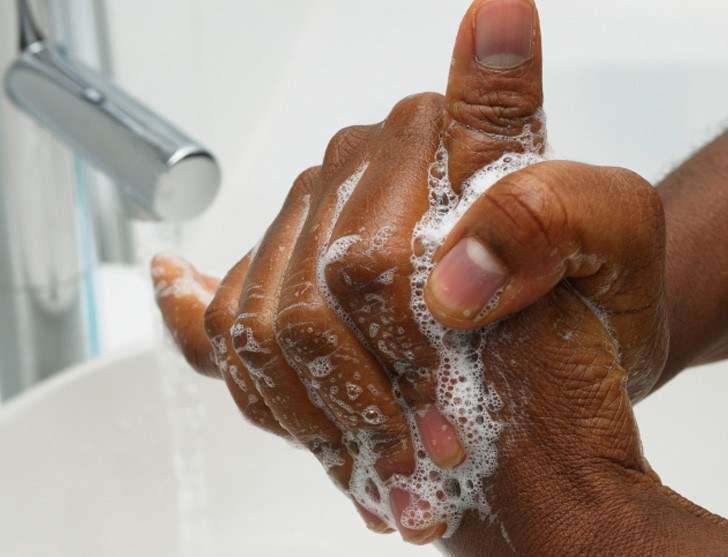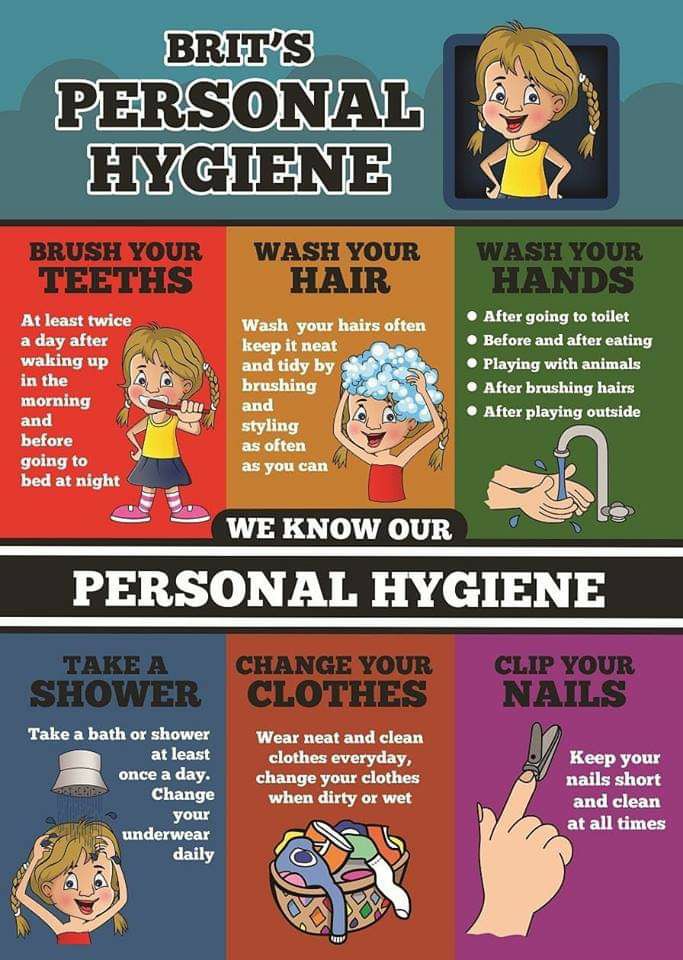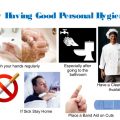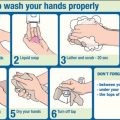What is Personal Hygiene?
Hygienic comes from the ancient Greek word hygies, meaning “healthy” or, literally, “living well.” This state was represented by the Goddess Hygieia, the embodiment of health and cleanliness. Personal hygiene is an action to maintain hygiene and health of a person for physical and psychological well-being. The lack of self-care is a condition in which a person is incapable of performing hygiene care for him / her. Self-care is one of the basic human capabilities in fulfilling its needs to maintain its life, health and well-being according to its health condition.
The human body can provide places for disease-causing germs and parasites to grow and multiply. These places include the skin and in and around the openings to the body. It is less likely that germs and parasites will get inside the body if people have good personal hygiene habits.
Types Of Good personal hygiene
Washing the body often: If possible, everybody should have a shower or a bath every day. However, there may be times when this is not possible, for example, when people are out camping or there is a shortage of water. If this happens, a swim or a wash all over the body with a wet sponge or cloth will do. washing the hair with soap or shampoo at least once a week and washing hands with soap after going to the toilet
Cleaning the teeth at least once a day: Brushing the teeth after each meal is the best way of making sure that gum disease and tooth decay are avoided. It is very important to clean teeth after breakfast and immediately before going to bed.
Washing hands with soap before preparing and/or eating food: During normal daily activities, such as working and playing, disease causing germs may get onto the hands and under the nails. If the germs are not washed off before preparing food or eating, they may get onto the food.
Changing into clean clothes: Dirty clothes should be washed with laundry soap before wearing them again. Hanging clothes in the sun to dry, the sun’s rays will kill some disease-causing germs and parasites.
Covering Your Nose or Mouth: Turning away from other people and covering the nose and mouth with a tissue or the hand when coughing or sneezing. If this is not done, droplets of liquid containing germs from the nose and mouth will be spread in the air and other people can breathe them in, or the droplets can get onto food.
Maintaining good personal hygiene practices obviously helps reduce the risks of various health problems, but also affects social and psychological aspects of our lives.
Good personal hygiene helps to prevent the development and spread of infections, diseases and unpleasant body odors and also help us look more presentable and attractive.
Adding to the above, let’s see the health, social and psychological reasons people should maintain good personal hygiene practices in their lives and what benefits do they offer them.
Health Reasons and Benefits
The difference between health and sickness sometimes depends on simple habits such as washing your hands or promptly dressing a superficial scratch.
Mundane and seemingly trivial conditions such as small cuts, rashes, athlete’s foot, sore throat etc should not be disregarded and treated immediately to avoid deterioration and spreading as well as to find out if there are more serious, underlying problems behind them.
The single most important preventive health measure one can take in their everyday lives is washing their hands regularly, especially after using the toilet and before coming to contact with any foods, and keeping their environments clean.
In short, staying clean by maintaining good personal hygiene will keep you healthier.
Social Reasons and Benefits
Maintaining proper personal hygiene means that you will look more healthy and attractive to other people. It is impossible to project a healthy body image and make good impression without adhering to personal hygiene principles. Looking unwashed and smelling bad will immediately place a person in several social disadvantages as others will find him or her less attractive and even potentially dangerous to their own health.
For the above reasons, it is of paramount importance to teach children the importance of good personal hygiene from a young age so they might be able to keep themselves clean and healthy throughout their lives and avoid the social stigma that accompanies poor hygiene habits.
Psychological Reasons and Benefits
Confidence and self-esteem are affected by our body image which is reflected in our ability to care for ourselves and maintain good personal hygiene practices.
Healthy teeth, hair, skin and nails are signs of a healthy and well-groomed individual who pays attention to his or her personal hygiene and health. This can give confidence in everyday life and social interactions.
By being clean and well-groomed, people can feel more confident in any social environment. First impressions, often an important factor in many interpersonal relationships as well as job interviews are heavily affected by our outwards image which is directly related to our personal hygiene habits and practices.






